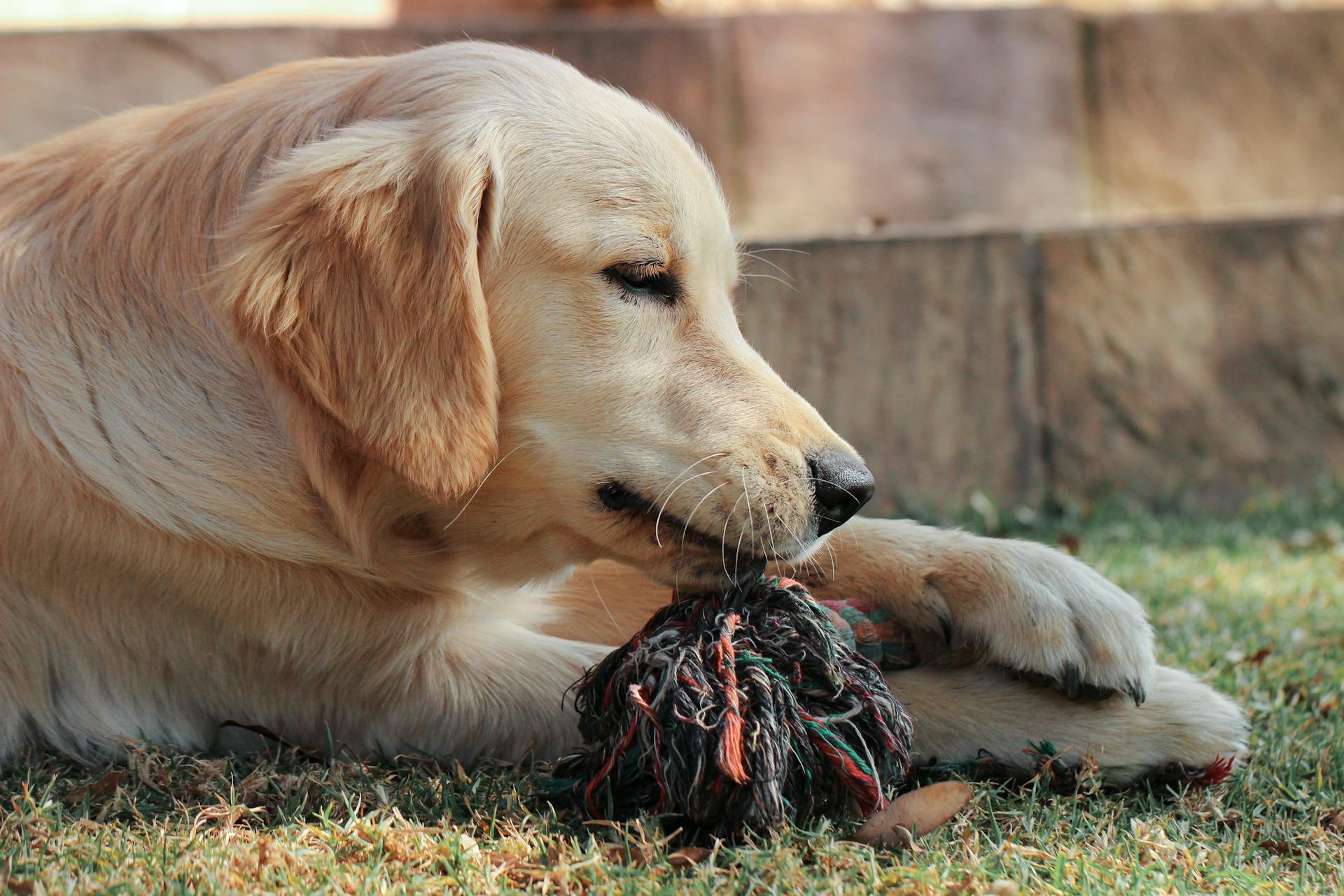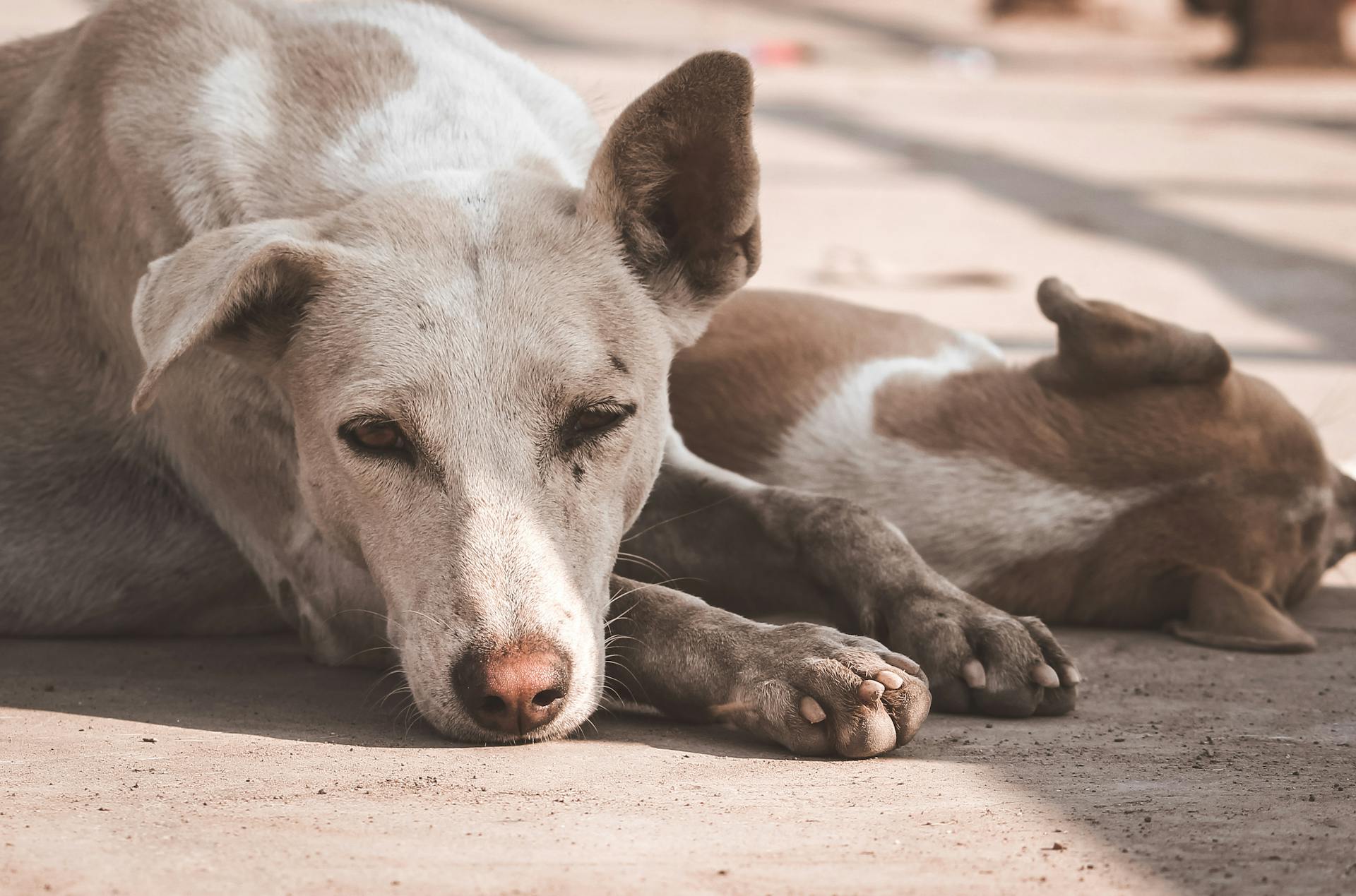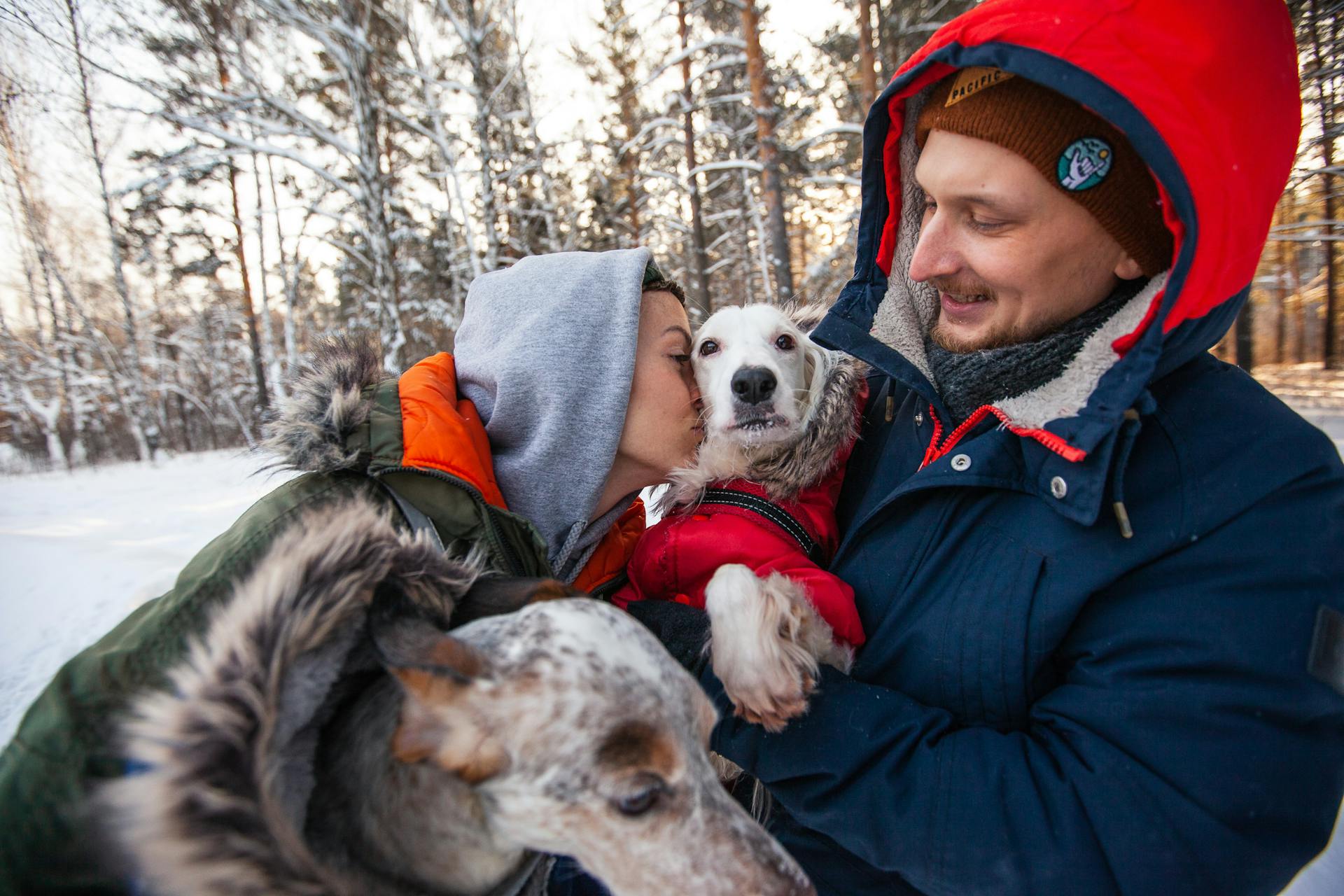
As the holiday season approaches, many of us want to include our furry friends in the festivities, especially when it comes to Thanksgiving dinner. While it's tempting to share your plate with your dog, it's essential to know what human foods are safe for them to eat.
Cooked turkey is a common Thanksgiving staple, and it's actually safe for dogs to eat in moderation. In fact, a small amount of plain, cooked turkey can make a tasty and healthy treat for your dog. Just be sure to remove any bones, fat, and seasonings first.
Some human foods, however, are toxic to dogs and should be avoided altogether. Onions, garlic, and chives, commonly used in Thanksgiving recipes, contain compounds that can damage a dog's red blood cells and lead to anemia. These ingredients are best left out of your dog's diet altogether.
Pet Safety and Holiday Foods
As we head into the holiday season, it's essential to remember that dogs can be just as excited about the feast as we are. However, it's crucial to keep in mind what's safe for them to eat and what's not.
Dogs can eat plain, cooked turkey without skin, bones, or seasoning.
When it comes to vegetables, plain, cooked options like peas, carrots, green beans, and sweet potatoes are all safe treats for dogs. Just be sure to keep them unseasoned and in moderation.
Some specific fruits and veggies that are safe for dogs include apples, pumpkin (not pumpkin pie mix!), cranberries, and carrots. These can make great low-fat treats for your furry friend.
As a general rule, it's best to stick to plain, unseasoned foods when giving your dog holiday treats. This means no sweet potato casseroles or pies, and no sugary cranberry sauce.
Here are some dog-safe holiday foods to consider:
- Corn
- Potatoes
- Apples
- Rice
- Pumpkin
- Green beans
- Cranberries (only plain berries)
- Fish
- Chicken
Remember, it's always better to err on the side of caution and consult with your veterinarian if you're unsure about what to feed your dog. They can provide personalized advice based on your dog's unique needs and health concerns.
Foods to Avoid
Skip the ham this Thanksgiving, as it's not safe for your furry friends.
Highly fatty foods like turkey skin, pan drippings, and dark meat can cause vomiting, diarrhea, and pancreatitis in pets.
Raw eggs may also cause poisoning from bacteria like salmonella or E. coli.
Caffeine in coffee can raise blood pressure and cause cardiac arrhythmia, which can be fatal.
The sweetener xylitol in desserts can cause liver failure in dogs.
Desserts with nuts can cause water retention or toxicity in pets.
10 Foods to Avoid
Skip the ham this Thanksgiving, as it's one of the many foods that are not safe for your furry friends to eat.
Turkey skin and pan drippings can cause vomiting and diarrhea in dogs, and even lead to pancreatitis, a painful condition that can be fatal in rare cases.
Refrain from letting your pet indulge in meat drippings, skin, dark meat, butter, or other fatty Thanksgiving foods and ingredients.

Raw eggs may also cause poisoning from bacteria like salmonella or E. coli, so keep them out of reach.
Caffeine can raise blood pressure and cause cardiac arrhythmia, which can be fatal, so keep your pets away from coffee.
The sweetener xylitol in desserts can cause liver failure in dogs, so be on the lookout for any treats that contain it.
Nuts can cause water retention or toxicity, so avoid giving your pets desserts with nuts.
Consider reading: Dogs Eating Nuts
9. Bones
Bones can splinter into sharp pieces that can injure your dog's mouth. These sharp pieces can then perforate your dog's stomach or small intestines, causing severe abdominal pain followed by life-threatening infection.
If your dog is showing signs of abdominal pain and gastrointestinal upset, contact your veterinarian immediately. Make sure to keep an eye on your dog's behavior and watch for any signs of illness after giving them bones.
Bones from chicken and turkey are particularly hazardous, as they can cause severe health issues.
Recommended read: Dogs Eating Bones
General Information and Preparation
Be prepared for a fun and safe Thanksgiving feast with your furry friend. Knowing what foods are safe and what ones are not is crucial to avoid any potential harm.
Plain, cooked turkey by itself isn't inherently harmful to dogs, but your Thanksgiving turkey is a different story. The added butter, herbs, and stuffing can make it too rich for your pup.
Turkey bones can be a major choking hazard for dogs, and they're also prone to splintering, which can cause serious harm. These bone fragments can pierce the tongue, esophagus, stomach, and intestines.
If you're considering giving your dog a treat from your plate, think twice about the ingredients. Stuffing often includes onions, garlic, chives, leeks, and scallions, which are toxic for dogs and can cause excessive drooling, abdominal pain, diarrhea, and vomiting.
Mashed potatoes can also be a problem, as they often contain garlic and onion, and adding milk, butter, or cheese can irritate your dog's stomach. Always consult your vet about your dog's diet and any potential unsafe foods.
To keep your pet safe and happy, consider treating them with a new chew from Best Bully Sticks instead of giving them something from your plate.
Curious to learn more? Check out: Butter Dogs Eating
Pup Meat: Holiday Treats
Plain, skinless, boneless turkey meat is the best way to incorporate poultry into your pup's diet. You can also consider cooking turkey giblets and slicing them into bite-sized pieces for your dog.
Dogs can eat turkey necks when prepared correctly without additives or seasoning. However, it's best to avoid feeding your dog raw meat to decrease their risk of bacterial infections and kidney disease.
Freeze-dried or dehydrated turkey necks are a highly nutritious treat that can be safe for your dog. These preparation methods remove the risks of eating raw meat and make the texture of the bone more digestible compared to cooked bone.
Turkey necks have dental benefits, helping to remove build-up on teeth and improve bad breath. Always consult your vet prior to serving them treats with bones in it, as there are still potential risks.
If you find your dog has ingested a part of a turkey or another holiday food that could make them sick, contact your vet to help determine next steps and identify if it's an immediate concern.
Why Is It Dangerous
Dogs can get very sick from eating Thanksgiving turkey, especially if they're fed people food.
The high vitamin and protein content in turkey meat might make you think it's a healthy treat for your dog, but it's not that simple.
Turkey skin is extremely fatty, and eating it can contribute to problems like obesity and diabetes.
Turkey bones are also super hazardous for dogs, as they can easily splinter and cause internal injuries if swallowed.
If your dog eats turkey, it can cause vomiting, diarrhea, allergic reactions, or even worse.
Sources
- https://www.metlifepetinsurance.com/blog/pet-health/can-dogs-eat-turkey/
- https://www.bestbullysticks.com/blogs/bbs-blog/can-dogs-eat-turkey-your-canine-s-guide-to-thanksgiving-dinner
- https://anasazivet.com/is-it-safe-for-dogs-to-eat-turkey/
- https://toegrips.com/thanksgiving-foods-dangerous-to-dogs/
- https://www.huffpost.com/entry/thanksgiving-food-dangerous-pets_l_6554e57fe4b0e476701266eb
Featured Images: pexels.com


